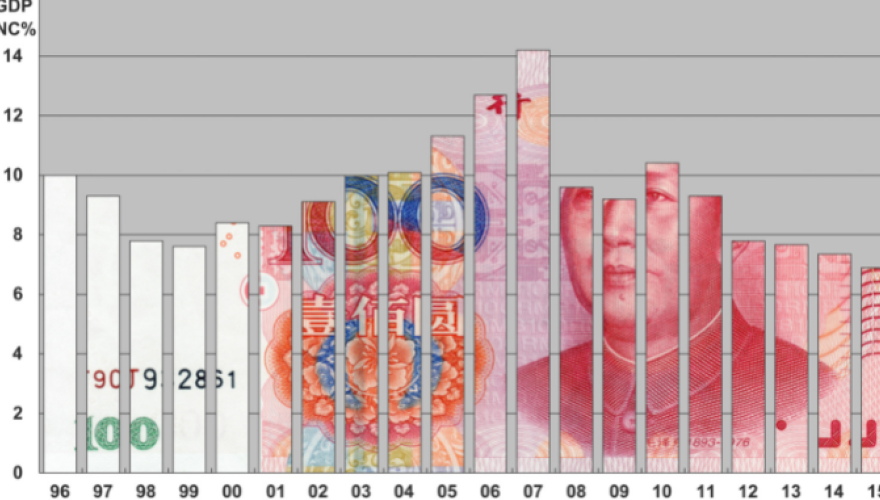
The End of Globalisation
This 2019 research series examined the forces that have ended this most recent wave of globalisation – and the drivers of the deglobalisation that are likely to follow.
This research series, which originated in papers presented at our 2019 annual conference, presciently argued that globalisation had peaked even before the COVID-19 pandemic hit, and that a period of deglobalisation was likely to follow.
It showed how technology drove the most recent wave of globalisation but also how that driver of continued globalisation has faded. The series also highlighted a belief in greater global integration among the major powers drove globalisation, and how that belief was fractured by the emergence of an autocracy as an economic superpower and geopolitical competitor to the West. The series argued that deglobalisation may not be bad for the world economy if it is driven by new technologies, though it would make it much harder for poor economies to sustain rapid growth. But it also warned of a more malign and policy-driven form of deglobalisation. In particular, if growing bilateral tensions do reflect China’s strategic threat to the US, then some form of decoupling is inevitable, and that would have an adverse effect on global GDP.











